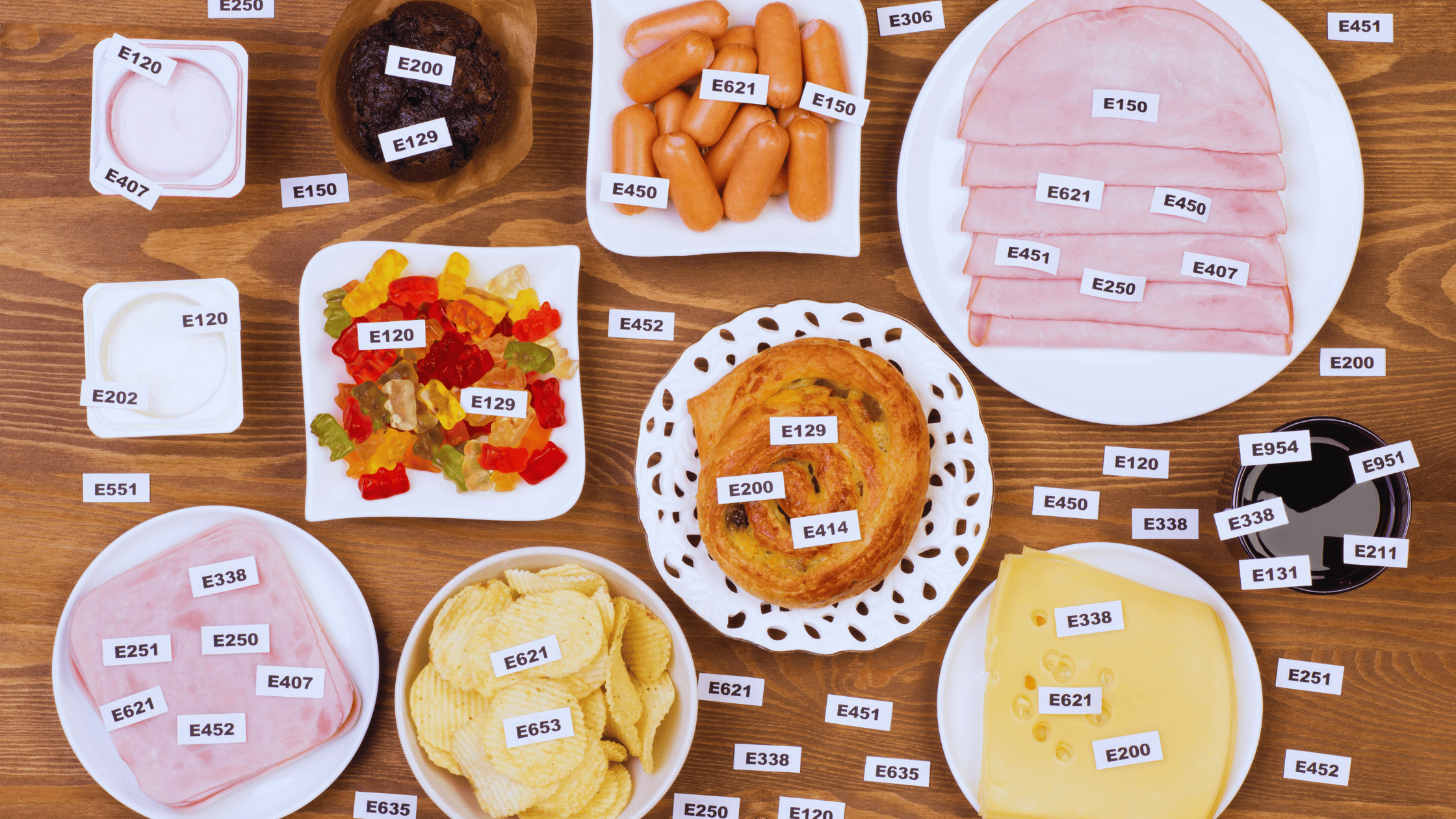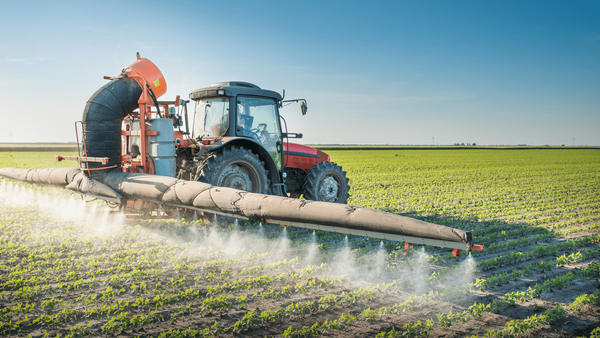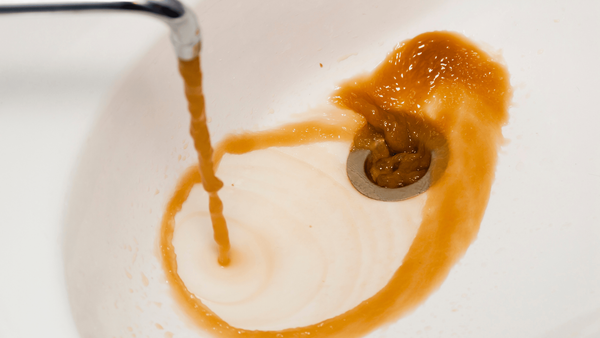How Thousands of Untested Chemicals Enter Our Food Supply
Discover how the GRAS loophole lets food companies add thousands of untested chemicals to your food without FDA oversight, and learn how to protect yourself.

You carefully check food labels, trying to avoid artificial ingredients and questionable additives. But what if I told you that thousands of chemicals in your food have never been properly evaluated for safety by the FDA?
America's food safety system has a dangerous blind spot that affects virtually every processed food on supermarket shelves. Behind ingredient labels filled with unpronounceable chemicals lies a regulatory gap that allows food companies to introduce new additives without meaningful government oversight or public transparency.
What you'll learn in this article:
✔️ How food companies can legally add chemicals to food without FDA approval
✔️ Why the "Generally Recognized As Safe" (GRAS) system is a failure
✔️ Real examples of controversial ingredients currently in your food
✔️ Recent policy developments that could finally close this regulatory gap
✔️ Practical steps to protect yourself and your family
What Exactly Is the GRAS Loophole?
The "Generally Recognized As Safe" (GRAS) designation began with reasonable intentions in 1958. Originally, it was designed to exempt common ingredients with established safety records—things like salt, vinegar, and baking soda—from requiring formal FDA approval before use in foods.
But what started as a sensible exemption for truly common ingredients has morphed into something far more troubling.
Since the FDA implemented a voluntary notification system in 1997, food companies gained the ability to determine for themselves whether their new ingredients are "safe" without any obligation to inform federal regulators or the public. This self-determination process has effectively created a regulatory environment where companies can "self-GRAS" nearly any substance they wish to add to foods.
"For far too long, ingredient manufacturers and sponsors have exploited a loophole that has allowed new ingredients and chemicals, often with unknown safety data, to be introduced into the U.S. food supply without notification to the FDA or the public." HHS Secretary Robert F. Kennedy Jr., March 2025





